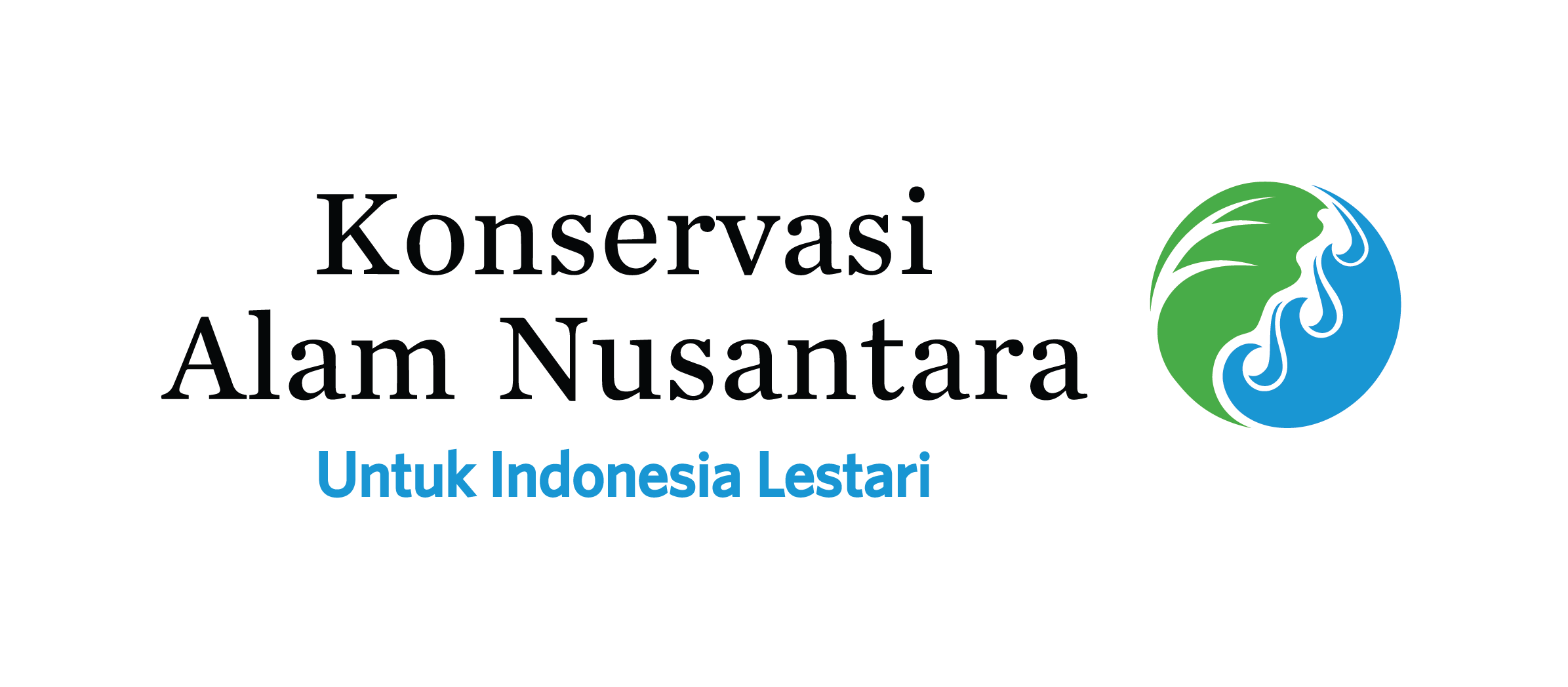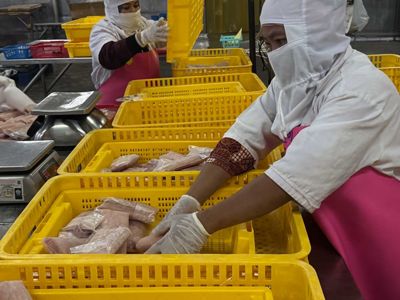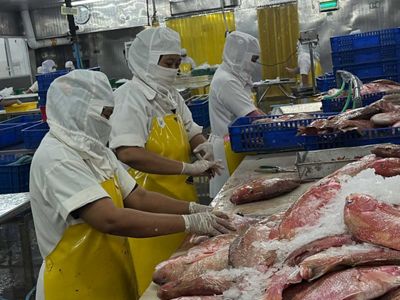Certification and EcoLabelling for Sustainable Fisheries
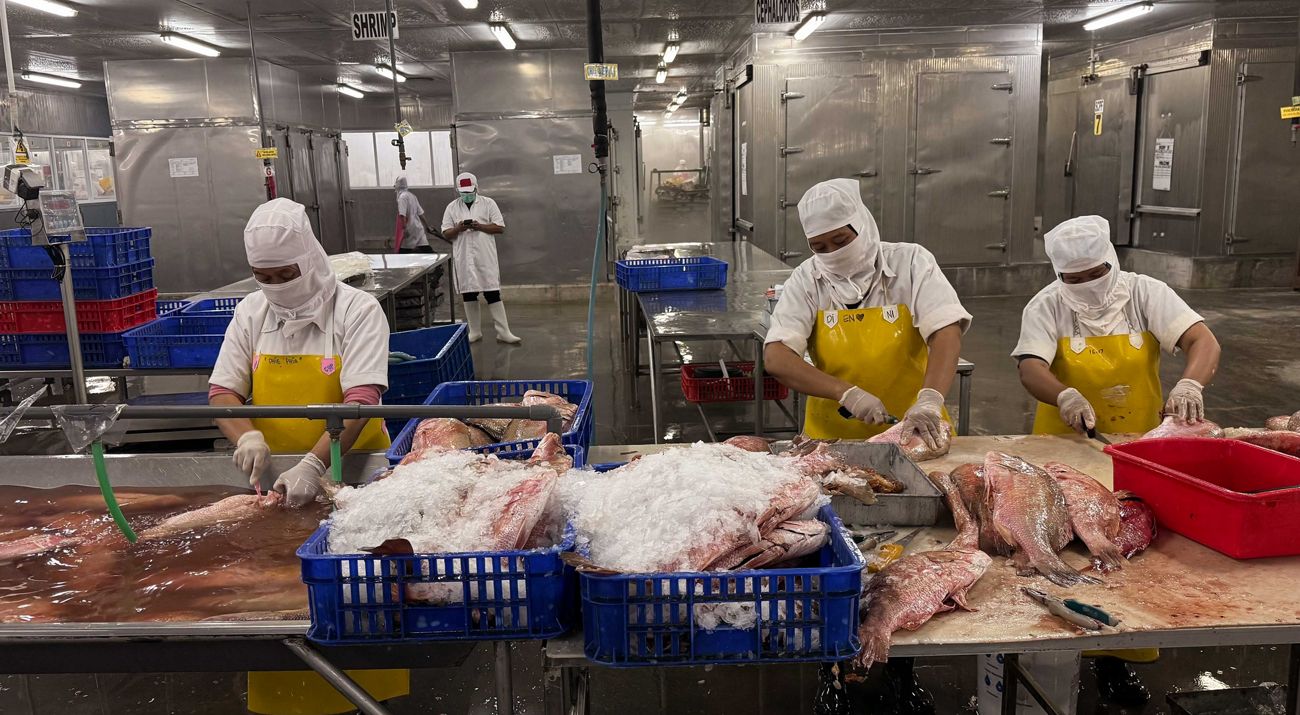
Private Sector Support Requires Fair, Enforceable Fisheries Rules
YKAN’s KORALESTARI program protects coral reefs, supports blue economy activities, and promotes sustainable seafood businesses in Indonesia.
Participation from fishing companies and communities is essential not only in government-led planning and management but also in driving initiatives toward sustainability certification standards. Existing regulations often prove ineffective because they do not reflect actual fishing practices on the ground or because they are difficult to enforce.
Greater involvement of fishers and industry players is key to strengthening policy implementation. When engaged in the process, the private sector is more likely to support management policies that are fair and practical to implement.
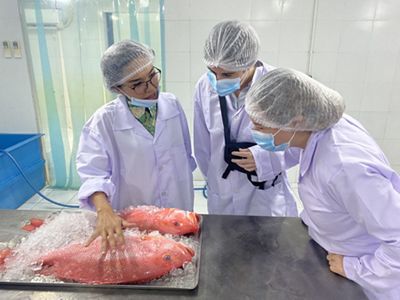
Private sector initiatives in certification and ecolabeling have proven to be effective market-based strategies. By driving consumer demand for seafood from responsibly managed stocks, they incentivize sustainable fishing practices. Such initiatives also help open access to developed-country markets and enable premium pricing for certified snapper and grouper.
YKAN has prioritized building partnerships with the fishing industry and promoting the active involvement of fishers, intermediaries, and buyers across the supply chain in sustainable fisheries management. The industry is encouraged to participate in Fisheries Improvement Projects, which emphasize sustainable practices, utilize species-specific data, and work toward achieving Marine Stewardship Council certification.
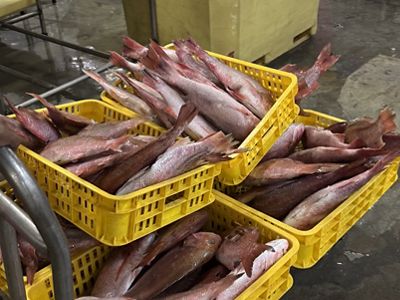
YKAN’s KORALESTARI Program combines coral reef protection and restoration with strengthening the blue economy, aiming to:
- Protect and restore coral reefs
- Promote sustainable seafood business models
- Attract mission-driven investment
- Provide alternative livelihoods for coastal communities
By integrating ecolabel certification, impact-based financing, multi-stakeholder collaboration, technology, and scientific data, Indonesia has the potential to lead globally in sustainable fisheries while building economic resilience for its coastal communities.
